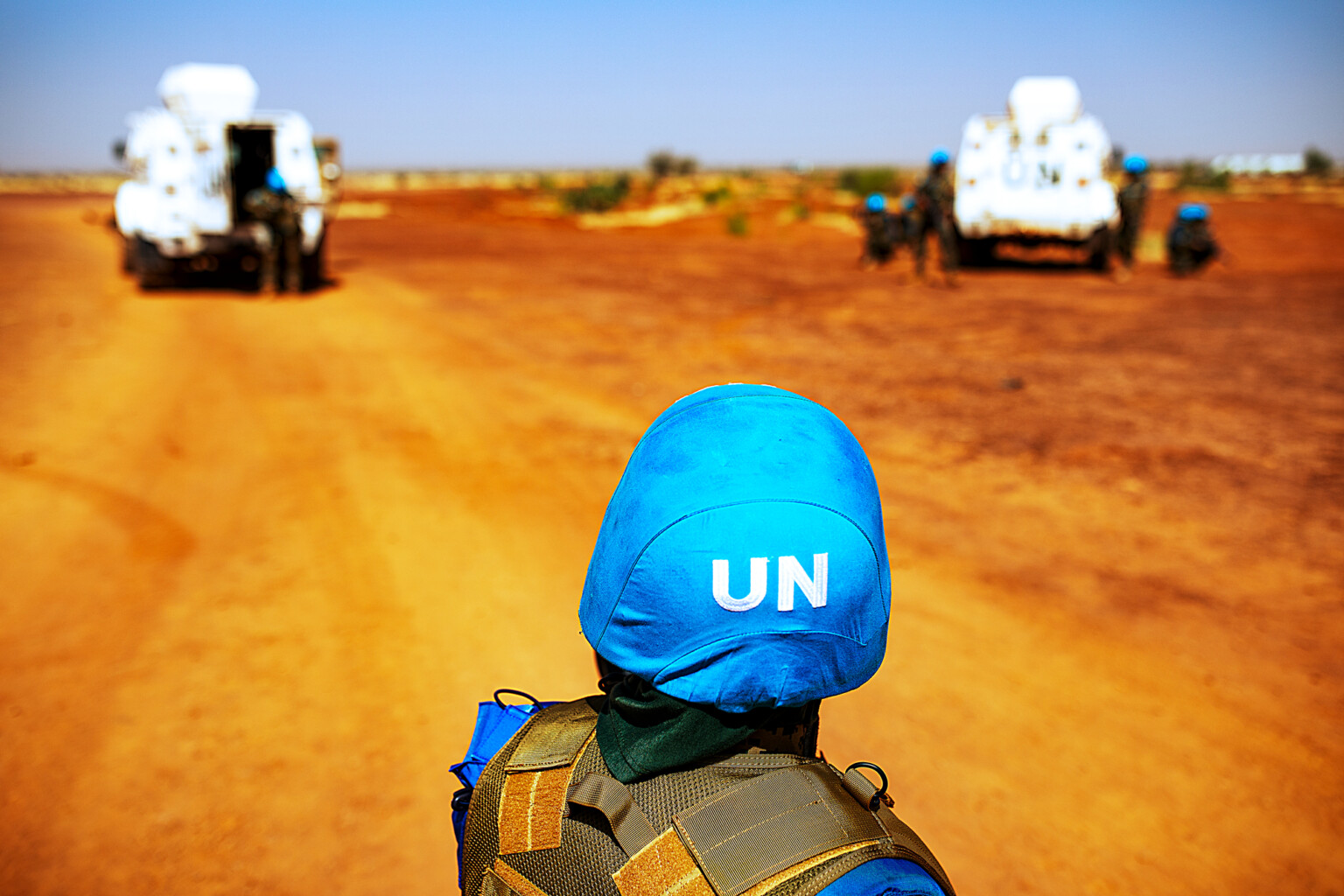COMMENT: The Intertwined Humanitarian Crises Shaping the Global Landscape
1 August 2024
The global landscape continues to grow increasingly complex and challenging. According to the United Nations Office for the Coordination of Humanitarian Affairs (UNOCHA)[1], an estimated 300 million people worldwide are in dire need of humanitarian assistance and protection in 2024. This staggering figure is the result of a confluence of factors - armed conflicts and the resulting mass displacement of civilian populations, the intensifying impacts of natural disasters and the worsening effects of climate change, persistent food insecurity and rising levels of malnutrition in vulnerable communities, devastating health crises and the emergence of global pandemics, prolonged humanitarian emergencies compounded by insufficient funding and resources, as well as limited natural resources, unsustainable consumption patterns, and rapid population growth.
Armed conflicts and political instability continue to drive mass displacement of civilian populations, leading to a surge in the number of refugees globally. Concurrently, the adverse impacts of climate change exacerbate the devastation wrought by natural disasters, which are growing in both frequency and intensity, ranging from catastrophic floods and droughts to powerful hurricanes. These crises directly contribute to food insecurity, as disruptions to agricultural production and supply chains heighten the risk of famine and severe malnutrition in vulnerable communities.
Ensuring food security remains an enduring challenge, particularly in developing nations. Disruptions to food production and supply chains, stemming from conflicts, climate change, and economic factors, have heightened the risk of famine and severe malnutrition among vulnerable communities. Moreover, infectious disease outbreaks and public health emergencies, such as the COVID-19 pandemic, have placed immense strain on healthcare systems, impeding access to essential medical care and supplies for affected populations.
Prolonged humanitarian crises require sustained assistance and support. Yet, the world faces a persistent shortfall in funding and resources to adequately address the scale and complexity of these multifaceted challenges. These issues raise pressures on limited natural resources, exacerbated by unsustainable consumption patterns and rapid population growth, which have further depleted the vital resources required to effectively support affected populations and led to more conflicts.
These intertwined issues are deeply interconnected, with each challenge directly impacting and exacerbating the others. For instance, habitat loss and climate change are inextricably linked, as they both contribute to the alarming decline in global biodiversity. Similarly, deforestation and pollution are direct consequences of unsustainable population growth, which in turn further degrade the very ecosystems upon which human life depends.
While overpopulation in rural areas has driven mass migration to urban centres, this trend is more than offset by the accelerating pace of urbanization and uncontrolled urban expansion. Collectively, these factors have placed an unprecedented strain on the Earth's finite resources, with resource consumption now far outpacing the sustainable capacity of global ecosystems. This pervasive overconsumption has led to a cascade of devastating environmental impacts, including deforestation, desertification, habitat destruction, ozone depletion, pollution, and the proliferation of waste and improper waste disposal.
These multifaceted, intersecting challenges require a holistic, systems-level approach that acknowledges their complex, interdependent nature. Addressing one issue in isolation will be futile without concurrently tackling the broader web of interconnected problems. Only by pursuing comprehensive, coordinated solutions can we hope to make meaningful progress in alleviating human suffering and restoring the delicate balance of our shared planetary home.
This imperative underpins the Sustainable Development Goals (SDGs) adopted by the United Nations, which serve as a vital framework for guiding and coordinating international efforts to address these complex, interconnected issues.
Implementing the UN's SDGs is crucial for orchestrating the comprehensive global response that is so urgently needed. This strategic framework not only provides essential context but also highlights the broader, long-term initiatives aimed at tackling these pressing humanitarian issues. Raising widespread awareness regarding these humanitarian crises and challenges is an essential first step in catalysing the global response. Increased public understanding can foster a heightened sense of urgency among individuals, communities, and governments, motivating them to take proactive, collaborative steps towards providing meaningful support and solutions.
As the Special Officer for Humanitarian Affairs of the United Nations Association of New Zealand, I will be writing a series of monthly articles to explore these critical issues in depth, starting with this inaugural piece. By shedding light on the interconnected nature of these global challenges, I hope to inspire a greater sense of collective responsibility and galvanize coordinated action to alleviate human suffering and build resilience worldwide.
Dr Abeer Youssef
Special Officer for Humanitarian Affairs
United Nations Association of New Zealand

Image caption: A view of United Nations peacekeepers of the United Nations Multidimensional Integrated Stabilization Mission in Mali (MINUSMA).
Image credit: UN Photo

Image credit: UN Photo
